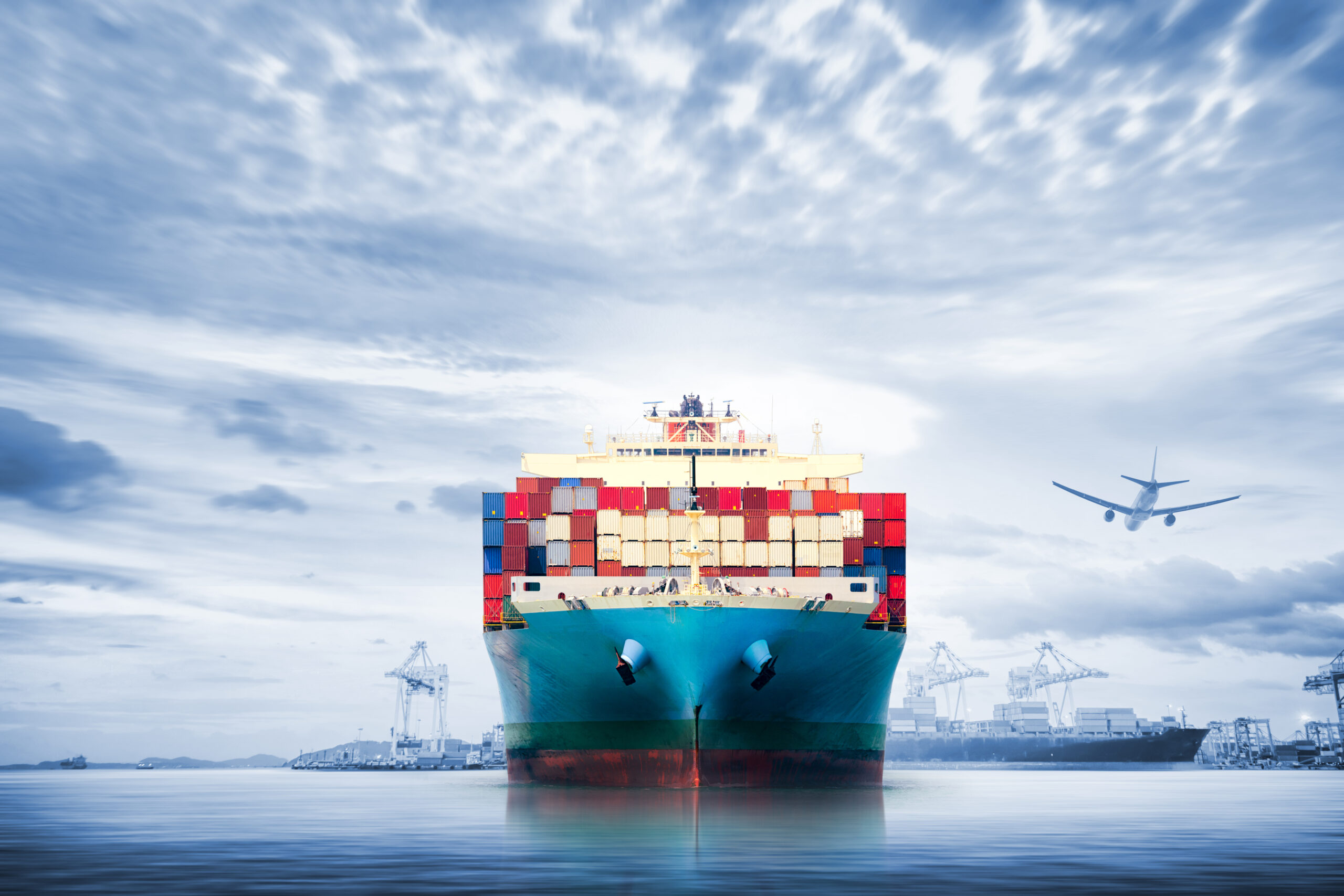Foreign seamen injured on U.S. flagged vessels or vessels operating extensively out of U.S. ports are too often dissuaded from pursuing an action in U.S. courts, when in such cases, the particular foreign seaman is often protected under the Jones Act and U.S. maritime law.
The U.S. Supreme Court has articulated a two-prong test to determine seaman status under the Jones Act: (1) An employee’s duties must contribute to the function of the vessel or the accomplishment of its mission; and (2) A seaman must have a connection to a vessel in navigation that is substantial in terms of both its duration and its nature. Noticeably absent in this test is any requirement of U.S. citizenship or residency. As the Second Circuit described in Kyriakos v. Goulandris, “when Congress used the word ‘seamen’ in the Jones Act it employed a word of general application, embracing men of any nation who sail the seas. Had it wished to limit the application of the statute to seamen of American citizenship or residence, the words to effectuate the limitation were at hand.”
Despite its irrelevancy for seaman status under the Jones Act, injured foreign seamen bringing suit in U.S. courts are still often subject to motions by defendant vessel owners for dismissal on forum non conveniens grounds, which is a discretionary power that allows U.S. courts to dismiss a case when the plaintiff’s chosen forum would impose a heavy burden on the defendant or the court, and an adequate alternative forum is available (such as in the foreign plaintiff’s country of citizenship). The first step in determining whether an action should be dismissed on forum non conveniens grounds is to determine whether United States law should be applied to the case.
Focusing on this threshold question, whether United States or foreign law should apply to a maritime injury case is governed by the Supreme Court trilogy of Lauritzen v. Larsen, 345 U.S. 571 (1953); Romero v. International Terminal Operating Co., 358 U.S. 354 (1959); and Hellenic Lines Ltd. v. Rhoditis, 398 U.S. 306 (1970). Under these cases, the following eight factors determine the choice of law:
- The allegiance or domicile of the plaintiff;
- The place of the contract;
- The allegiance of the defendant shipowner;
- The law of the flag;
- The accessibility of the foreign forum;
- The place of the wrongful act;
- The law of the forum; and
- The defendant shipowner’s base of operations.
The above factors are not of equal or even comparable significance. Generally the law of the flag and the defendant shipowner’s base of operations weigh most heavily in the determination. In Lauritzen, the Supreme Court described the law of the flag as of “cardinal importance” in determining applicable law. In Rhoditis, the Supreme Court held that the defendant’s New York base of operations favored U.S. law despite the ship’s Greek flag. On the other hand, the place of the alleged wrongful act, the inaccessibility of a foreign forum, and the law of the forum are seldom relevant to the choice of law analysis.
While the vessel’s flag is often of “cardinal importance,” the fact that U.S. shipowners often forum shop and register their vessels outside of the United States must also be taken into account. As the Supreme Court in Rhoditis explained, “the façade of the operation must be considered as minor, compared with the real nature of the operation and a cold objective look at the actual operational contacts that this ship and this owner have with the United States.”
In sum, when the subject vessel flies the U.S. flag or operates extensively out of the United States, there is often a strong basis for asserting that U.S. law applies and that an U.S. court should retain jurisdiction, no matter whether the seaman is an U.S. citizen or a citizen of another nation. Despite limited exceptions to the restriction on recovery by non-U.S. citizens and non-resident aliens for incidents in waters outside of the U.S. involving the exploration, development, or production of offshore mineral or energy resources set forth in 46 U.S.C.A. section 30105, foreign seamen injured on U.S. flagged vessels or vessels operating out of U.S. ports, in many instances, have the same rights under U.S. maritime law as an U.S. citizen and should often consider pursuing an action in an U.S. court.
Most importantly, foreign seamen and their families should not be dissuaded against filing suit in the United States without first consulting with an experienced maritime attorney.
Nicholas J. Neidzwski is an associate in the Bellingham and Seattle offices of Anderson Carey Williams & Neidzwski, reachable via phone at 1-800-BOATLAW or via e-mail at nick@boatlaw.com Anderson Carey Williams & Neidzwski has represented seamen and their families for over thirty-five years throughout the United States. With offices in Seattle and Bellingham, Washington, and Portland, Oregon, the attorneys of Anderson Carey & Williams are collectively admitted to practice in Washington, Oregon, Florida, Alaska, California, Arizona, and Washington D.C.












